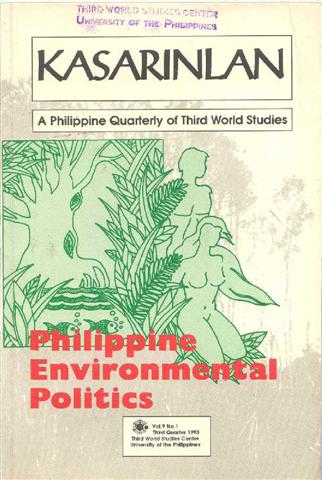Sustainable Development: A Historical and Theoretical Explication
Abstract
The study is a historico-theoretical discussion of sustainable development. It provides an overview of the different definitions and practices related to sustainable development. It recognizes that a historical explanation is needed due to non-agreement of proponents, and outlines the strong ecological/ideological stance on sustainable development affirmed during the 1992 Earth Summit conference in Rio de Janeiro. Various definitions of sustainable development describe development as a composite of economic growth and/or basic rights and needs and conditions necessary for sustainability. Policymakers and planners face a dilemma of whether “sustainability” should be for people or for the biosphere. This concept later includes a discussion of the impact of social conditions and structures on the environment, with emphasis on limiting the exploitation of human systems. This is a crucial issue in the Third World where one can observe the devastating impact of poverty and colonization on the environment. The study argues that development goals and environmental issues can be reconciled, and that both the North and South have a shared role in solving these issues. The study recommends three approaches that can lead to a deeper understanding of environmental issues and offer new solutions to sustainable development. The three approaches are New Holism or interconnectedness of everything, New Immanentism or immanence of nature and its inherent order through cycles and rhythms, and New Naturalism or the view that humans are part of nature rather than apart from it. These approaches enable modern humans to live harmoniously with the environment without dominating or destroying it.
Published
2008-06-11
How to Cite
BARAMEDA, Mary Constancy C..
Sustainable Development: A Historical and Theoretical Explication.
Kasarinlan: Philippine Journal of Third World Studies, [S.l.], v. 9, n. 1, june 2008.
ISSN 2012-080X.
Available at: <https://journals.upd.edu.ph/index.php/kasarinlan/article/view/934>. Date accessed: 29 aug. 2025.
Section
Features
Keywords
sustainable development, sustainability, deep ecology, New Naturalism, New Holism, New Immanentism, growth ideology
By submitting a manuscript, the authors agree that the exclusive rights to reproduce and distribute the article have been given to the Third World Studies Center.



